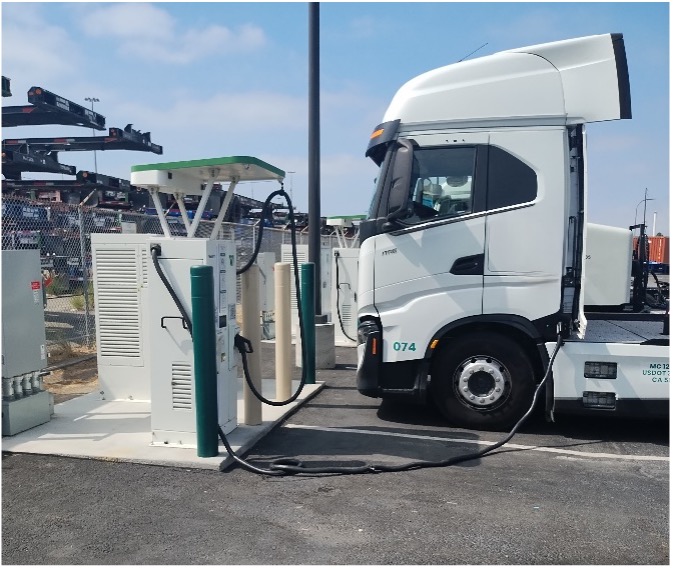Home ▸ Knowledge
The Cadmus team is driven by a common ethos of helping each of our clients advance their missions. This sense of duty comes from deep within our corporate DNA, and means that for every initiative, your objectives become our purpose. You can depend on Cadmus to be a dedicated extension of your team.







